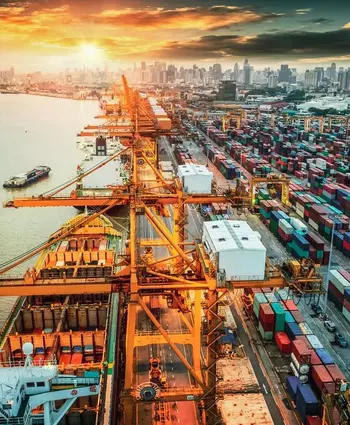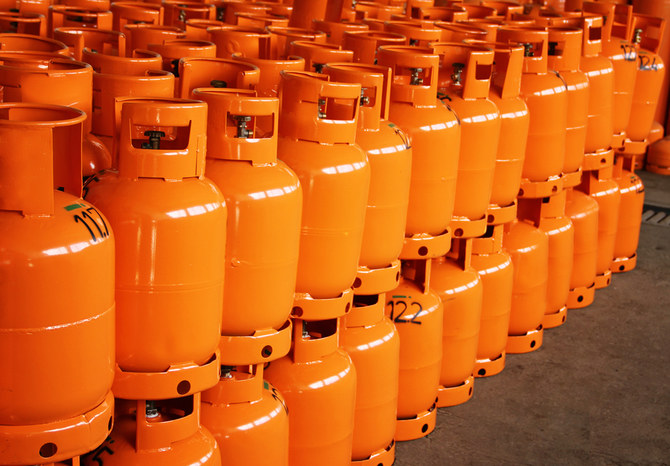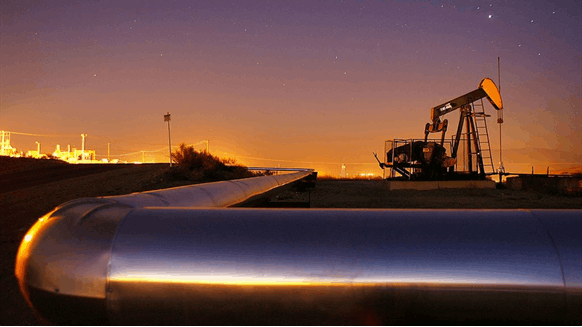Energy
- Karim investment holding
- Energy
Our Energy we working
Energy is the driving force of the global economy, and without the existance of this basic commodity, all industrial and economic fields will face great challenges and difficulty. Regardless of how this energy is supplied or from what sources, the assumption that the world cannot survive without an effective supply still remains. This global demand is usually from two important resources: fossil fuels and renewable energies. Of course, the world’s over-reliance on fossil fuels (oil, gas, and coal) has had devastating environmental effects globally.
Therefore, the activities of international institutions and environmental movements point to the necessity of using renewable energy and reducing the global fossil fuel footprint. To this end, many countries have put policies in place to reduce pollution and have considered the Net-Zero emission standard as a criterion for their future strategies.
The International Energy Agency, predicted that the growing trend of global energy demand will continue gradually until 2035, experiencing about 37% growth compared to previous years. This is an expected trend due to the increase in the population size, economic activities as well as the expansion of the global economy.
On the other hand, the data show that until 2040, the use of fossil fuels will still be a significant figure. And, despite the expansion of renewable energies the hope of surpassing fossil fuel usage will not be realized in the global energy portfolio by 2050.
With its short and long-term goals, KIH, in addition to operating in the field of fossil fuels such as oil and gas and petrochemicals, has also put the development and exploitation of renewable energies on its future agenda.
Subsets of Energys
Oil
The growing trend of global warming and its extensive environmental hazards have led social groups and public organizations who lobby the environment to take extensive measures to prevent gradual global devastation…
Gas
Global statistics indicate that 75% of the world’s carbon dioxide emission is from fossil fuels such as oil, gas & coal while industry and transportation account for the largest share of fossil fuel consumption. So, the development of alternative resources to fossil fuels and focusing on clean transportation will be two basic priorities in the global trend to achieve the Net-Zero goal…
Petrochemicals
Global studies and statistics show that in the next two decades the world must provide a significant part of its energy through investment in clean fuels in order to avoid widespread environmental risks. The trend of general global warming and widespread environmental pollution in all areas has prompted environmental activists and international institutions to issue serious warnings about the disastrous consequences of this trend…









